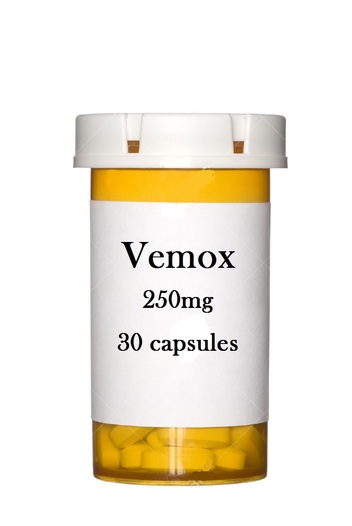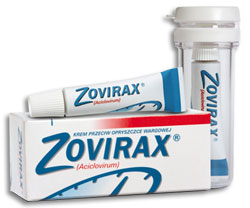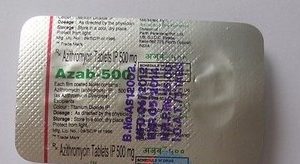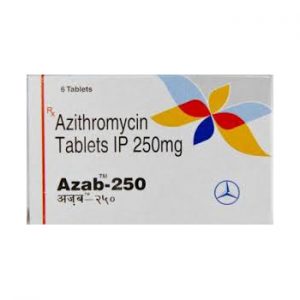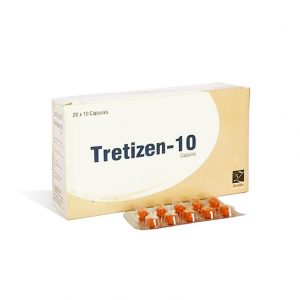Description
What is Amoxicillin and for what it is used: Each Amoxicillinan tablet contains the active substance: 250 mg of amoxicillin (in the form of amoxicillin trihydrate) and auxiliaries: magnesium stearate, talc, brilliant blue E133, carmoazine E122, orange yellow E110, Titanium dioxide, iron oxide yellow, gelatin. This drug belongs to the group of semisynthetic penicillins, broad-spectrum antimicrobial agents for systemic use. Suppress the growth of microorganisms that cause infections.
Amoxicillin is used in the following cases: it is indicated for the treatment of infections caused by sensitive organisms.
- Infections of the lower respiratory tract (acute and chronic bronchitis, bronchopneumonia, lobar pneumonia);
- acute and chronic infections of the gastrointestinal tract, bile ducts (peritonitis, cholecystitis, intestinal infections);
- acute and chronic infections of the urinary system (pyelonephritis, urethritis, gonorrhea);
- purulent infections of soft tissues;
- sepsis;
- infections of the upper respiratory tract (tonsillitis, pharyngitis).
Do not take Amoxicillin in the following cases:
- increased sensitivity to amoxicillin or excipients included in this drug, other beta-lactam antibiotics;
- infectious mononucleosis and leukemoid reactions of lymphatic type.
Pharmacodynamics
- Amoxicillin is a broad-spectrum antibiotic, a β-aminopenicillanic acid derivative. It has antibacterial, bactericidal action. Inhibits transpeptidase, breaks the synthesis of peptidoglycan in the period of division and growth, causes lysis of microorganisms.
- Active against gram-positive and gram-negative cocci, some gram-negative rods. It is destroyed by β-lactamases, therefore microorganisms – producers of β-lactamases are resistant to the action of amoxicillin.
Side effects
Allergic reactions: urticaria, erythema, Quincke’s edema, rhinitis, conjunctivitis; Rarely – fever, joint pain, eosinophilia; In isolated cases – anaphylactic shock.
Effects associated with chemotherapeutic action: possible development of superinfections (especially in patients with chronic diseases or reduced resistance of the body).
With prolonged use in high doses: dizziness, ataxia, confusion, depression, peripheral neuropathies, seizures.
Predominantly when used in combination with metronidazole: nausea, vomiting, anorexia, diarrhea, constipation, epigastric pain, glossitis, stomatitis; Rarely – hepatitis, pseudomembranous colitis, allergic reactions (urticaria, angioedema), interstitial nephritis, violations of hemopoiesis.
